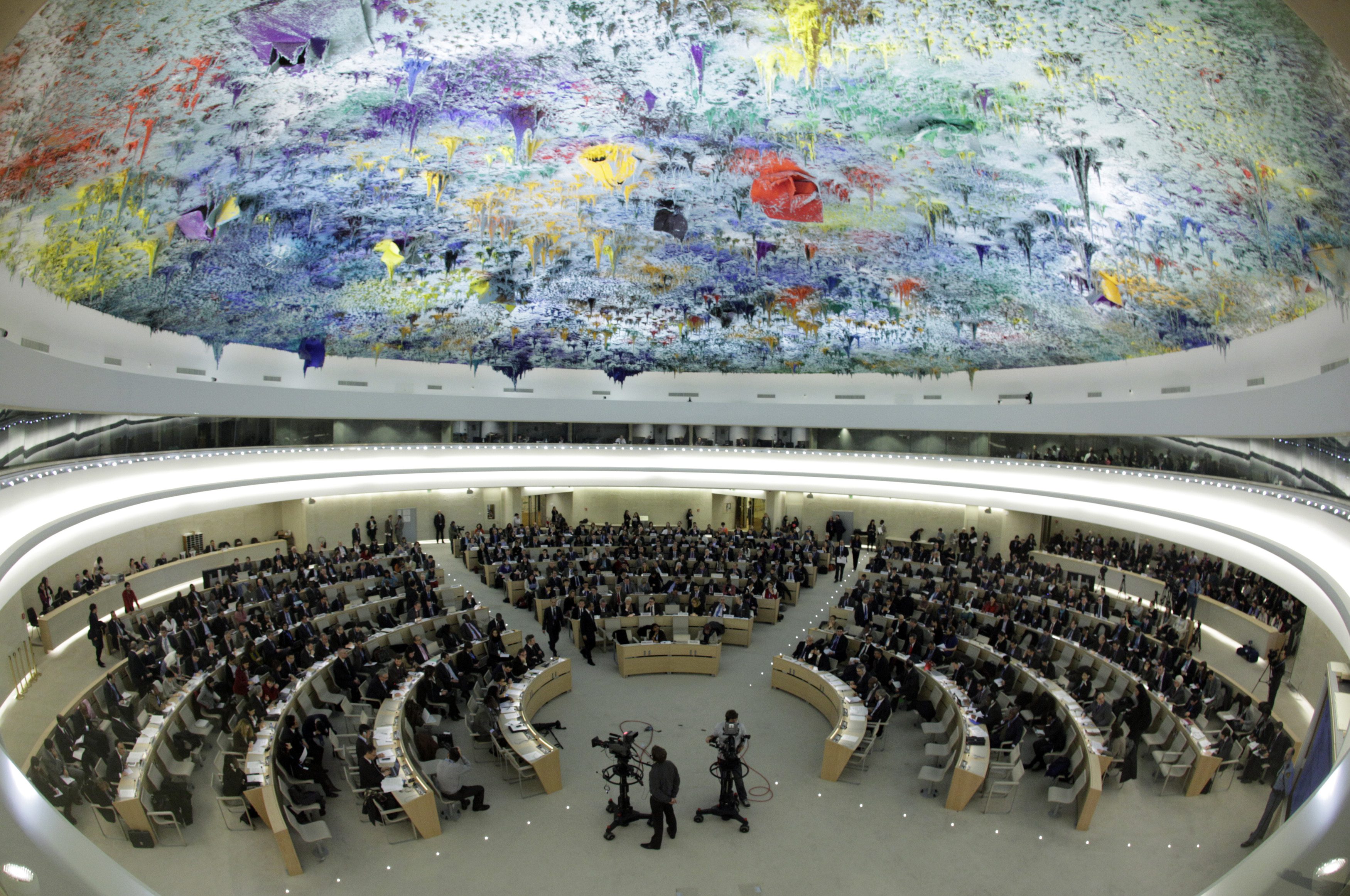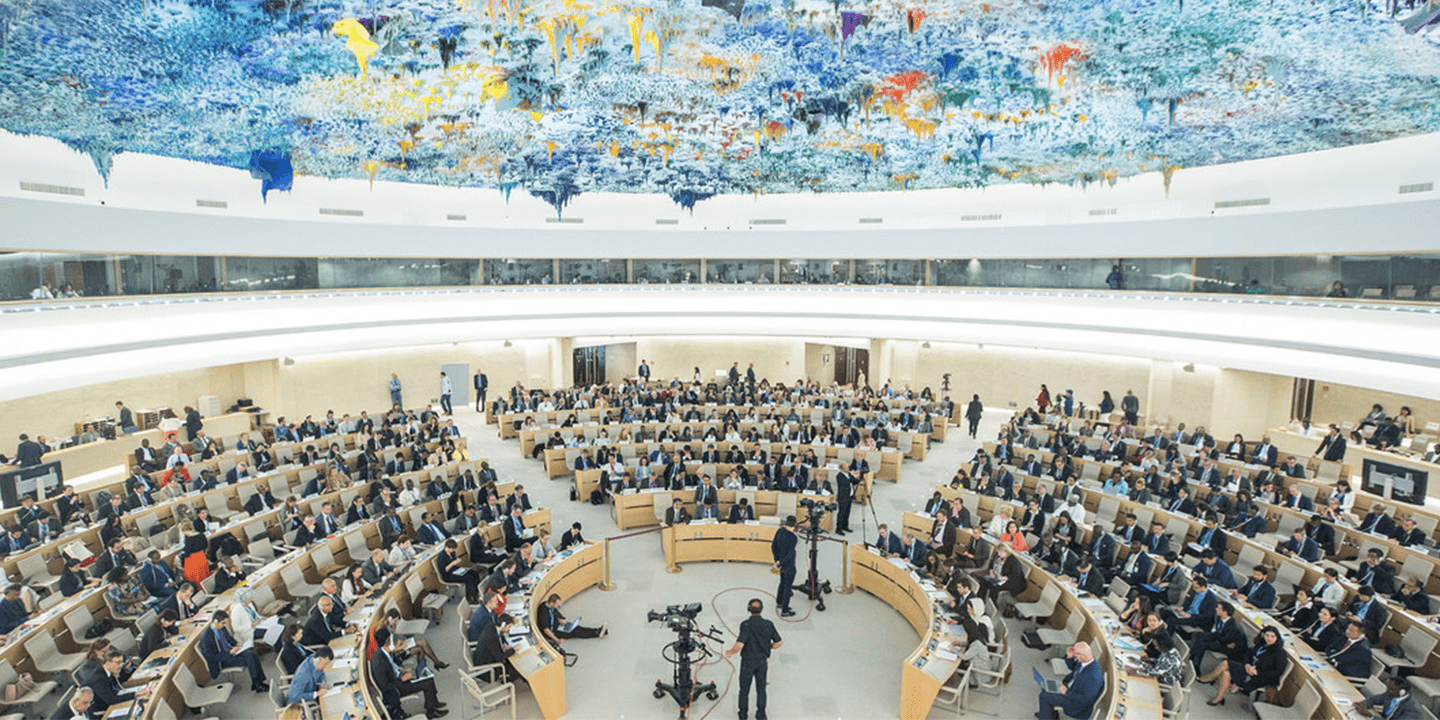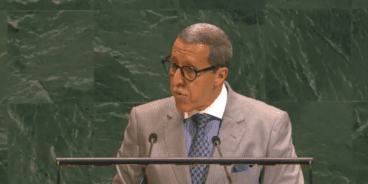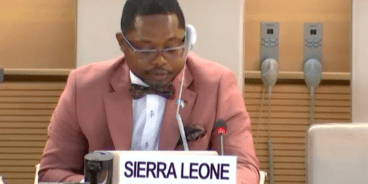

Statement delivered on behalf of the Group of Friends of R2P delivered during the Interactive Dialogue with the Special Rapporteur on Minority Issues at the 49th session of the Human Rights Council
Mr. President,
I have the honour of delivering this statement on behalf of the Group of Friends of the Responsibility to Protect (R2P).
The Group of Friends of R2P wishes to take this opportunity to reiterate its strong commitment to the multilateral human rights system and the integrity and independence of Special Procedures. We also wish to thank the Special Rapporteur on minority issues for his report and his leadership in highlighting when persons belonging to national or ethnic, religious or linguistic minorities around the world face threats, discrimination, or legal obstacles abusing or violating their human rights and fundamental freedoms.
We strongly oppose the misuse of the language of R2P or of the protection of persons belonging to minority groups for political purposes, in particular as a tool to divert attention from, or justify, violations of international law, including human rights law.
Human rights violations and abuses are often early indicators of atrocities. In this regard, Special Procedures – including both thematic and country-specific mandate holders – are often the first to raise alarm and recommend robust action in light of emerging warning signs. They also directly engage with concerned states to alert them of these risks, help strengthen protection capacities and contribute to follow-up technical assistance and capacity building measures. As such, they play an indispensable role in helping UN member states uphold their individual and collective Responsibility to Protect.
Persons belonging to minorities are often particularly at risk of becoming targets of the commission of genocide, war crimes, crimes against humanity or ethnic cleansing. Early risk indicators range from attacks on religious or ethnic minorities to their exclusion from decision-making processes and public life. Often, unequal access to resources further exacerbates the vulnerable situation of persons belonging to minority groups. Xenophobia, incitement to hatred or violence, and discriminatory rhetoric often fuels further mistrust and tensions, putting minority groups at heightened risk. Together with aggravating circumstances, such as deteriorating economic conditions, increasing inequalities or rising political instability, this may create an environment conducive to the commission of atrocity crimes.
In this context, the mandate of the Special Rapporteur on minority issues plays an essential role in highlighting situations of risk and engaging with concerned countries, as well as the wider multilateral system, to enhance protection capacities and address context-specific concerns. As women and girls belonging to minorities often experience unique challenges, the application of a gender lens within the mandate of the Special Rapporteur has also been instrumental in ensuring a more robust analysis of gender-sensitive indicators of early warning signs of atrocity crimes.
As the systematic undermining of human rights of members of national, ethnic, religious, racial or linguistic minorities continues around the world, we call on all UN Member States to cooperate actively with the Special Rapporteur, and to utilise the recommendations and analysis of his reports to identify gaps and challenges in domestic legal protection frameworks for members of minorities. Putting in place strong, resilient and robust protection mechanisms for persons belonging to minority groups is a core element of enhancing national resilience to atrocity crimes and building structural prevention capacities at home, in line with Pillar I of R2P and Item 10 of this Council’s agenda. Thus, the work of the Special Rapporteur should also be used for technical assistance and capacity building measures for countries in need of stronger political and legislative protections and mitigation strategies to protect members of minority groups.
Mr. President,
Special Procedures regularly provide us with early warning information and analysis, including in situations where governments are unable or unwilling to protect their populations. We as an international community must become better at utilising this information in a timely manner. We therefore encourage governments to amplify concerns expressed by the Special Rapporteur for situations of risk, and to use early warning information to mobilise early action better to protect populations from atrocity crimes.
Thank you for your attention.
Group of Friends of the Responsibility to Protect – Geneva
Chair
- Luxembourg
Africa
- Botswana
- Côte d’Ivoire
- Ghana
- Liberia
- Mali
- Morocco
- Mozambique
- Nigeria
- Rwanda
- Senegal
- Sierra Leone
- South Sudan
- Tanzania
Asia
- Bangladesh
- Japan
- Qatar
- Marshall Islands
- Republic of Korea
- Singapore
Latin America
- Argentina
- Chile
- Costa Rica
- Guatemala
- Peru
- Mexico
- Panama
- Uruguay
Europe
- Belgium
- Bosnia-Herzegovina
- Croatia
- Czech Republic
- Denmark
- European Union
- Finland
- France
- Germany
- Hungary
- Ireland
- Italy
- Liechtenstein
- Netherlands
- Norway
- Romania
- Slovakia
- Slovenia
- Spain
- Sweden
- Switzerland
- United Kingdom
Oceania
- Australia
- New Zealand
North America
- Canada
- United States
Related Content


Statement on behalf of the Group of Friends of the Responsibility to Protect at the 2025 UN General Assembly Debate on R2P
